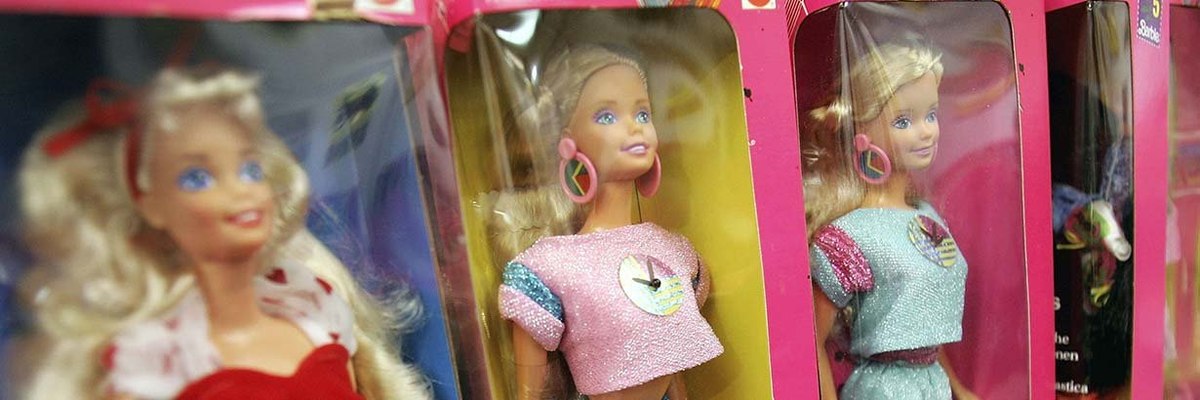Despite the Barbie creator’s intentions for helping women in society, only one in five women think the dolls have had a positive impact
Very minor spoilers for plot points in the Barbie movie ahead
The new Barbie movie explores how the creator, Ruth Handler, intended for the doll to be a positive role model for women, inspiring them to feel they could do anything despite living in the patriarchal world of the 1950s. Yet, it also presents how in the real world this isn’t necessarily how the doll is perceived. New YouGov research looks into exactly how Britons see the Barbie doll, and what impact they think she has had for women in society.
Britons are split on whether the Barbie doll had a positive or negative impact for women in society, with 21% saying it’s been positive, 26% saying negative, but most commonly people think she has had no impact (38%). Women are slightly more likely to say she has had a negative impact, with 29% saying so compared to 21% of men (who are more likely to be unsure).
There is much more difference of opinion between the generations, with younger Britons being much likelier to believe Barbie dolls have had a positive impact than older Britons (33% of 18-29 year olds versus 9% of those aged 65 and above). Older people are more likely to think Barbie has had no impact, at 50% compared to 28% among the youngest age group. All age groups are about similarly likely to think Barbie has had a negative impact (between 24% and 28%).
Those who have watched the movie are much more likely to believe Barbie has had a positive impact for women in society, with 53% saying so compared to 33% of those who haven’t watched the movie, but plan to, and 12% of those who haven’t watched it and don’t plan to.
The movie illustrates how Barbie was meant to represent a strong, independent women, who could do anything she wanted (including roles that typically only men had been able to do so far), inspiring women to defy patriarchal society.
But instead of the positive role model intended, Britons tend to think Barbie dolls are actually a negative representation of women, by 47% to 28%. Women in particular say she is a negative representation, at 52%. Again, Barbie movie watchers are much more positive about the way the doll represents women, with 62% saying she does so positively.
Likewise, half (50%) of women would be displeased if they were described as being like Barbie, with just 17% saying they would be pleased. Again, we see big age differences, with the oldest women being much more likely to be displeased than their youngest counterparts (66% vs 27%).
Photo: Getty












